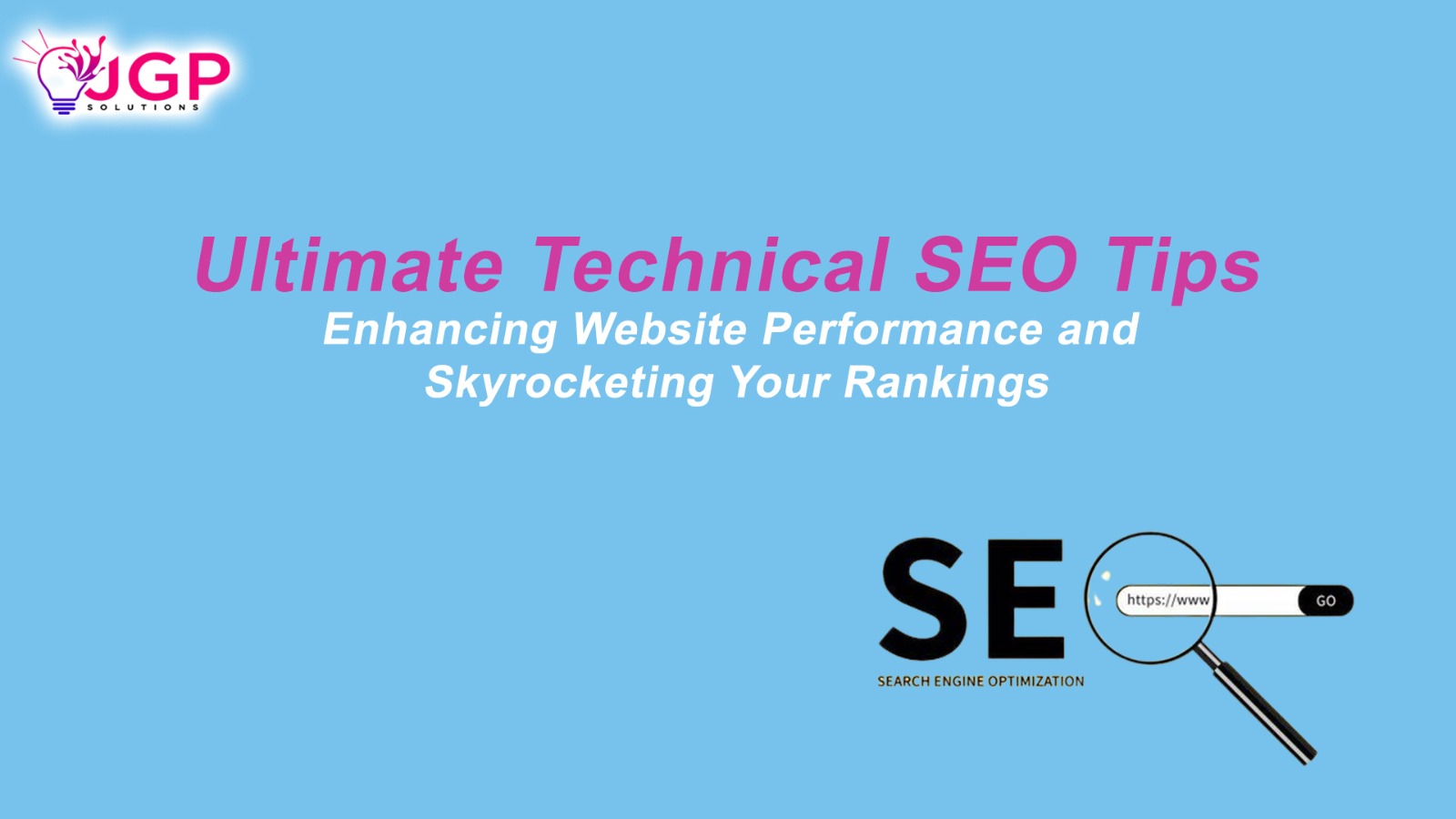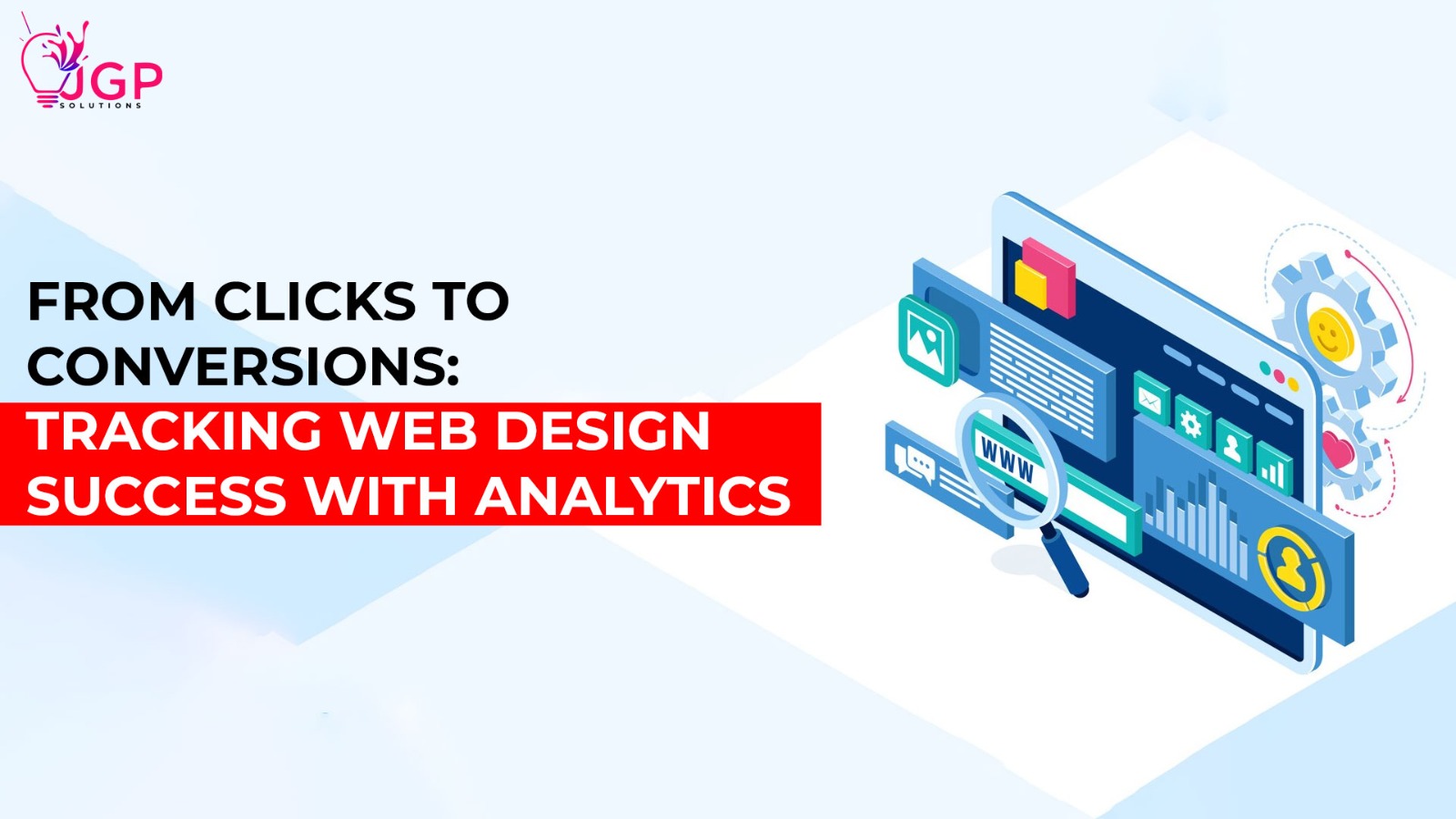Introduction
In the ever-evolving landscape of digital marketing, Effective PPC Advertising Strategies – Pay-Per-Click (PPC) advertising stands as a dynamic and results-driven strategy that empowers businesses to connect with their target audience efficiently. This comprehensive guide navigates the intricacies of PPC advertising, exploring its foundations, key components, strategies for success, and the evolving landscape in the digital era.
Understanding Pay-Per-Click Advertising: Effective PPC Advertising Strategies
At its core, Pay-Per-Click advertising is a model where advertisers pay a fee each time their ad is clicked. It provides businesses with a direct avenue to reach their target audience through search engines, social media platforms, and other digital channels. Unlike traditional advertising models, where advertisers pay for ad space regardless of performance, PPC ensures that budgets are allocated based on actual user engagement.
Evolution of Effective PPC Advertising Strategies:
The origins of PPC can be traced back to the early days of the internet, with the first clickable ad appearing in 1993. However, it was Google AdWords, launched in 2000, that revolutionized the landscape by introducing a highly targeted and measurable advertising platform. Over the years, PPC has evolved to include various platforms such as Bing Ads, social media advertising on platforms like Facebook and Instagram, and display advertising networks.
Key Components of a Successful PPC Campaign:
- Keyword Research: The foundation of any Effective PPC Advertising Strategies PPC campaign lies in thorough keyword research. Identifying relevant and high-performing keywords ensures that ads are displayed to users actively searching for products or services, increasing the likelihood of conversions.
- Compelling Ad Copy: Crafting compelling ad copy is essential for capturing the audience’s attention and encouraging clicks. Advertisers should focus on creating concise, persuasive, and relevant copy that aligns with user intent and the chosen keywords.
- Landing Page Optimization: A well-optimized landing page is crucial for converting clicks into actions. The landing page should provide a seamless and relevant experience, with a clear call-to-action that aligns with the user’s expectations from the ad.
- Ad Extensions: Ad extensions enhance the visibility and relevance of ads by providing additional information such as site links, callouts, and structured snippets. Leveraging ad extensions not only improves ad rank but also provides users with more reasons to engage.
- Targeting and Audience Segmentation: Effective targeting ensures that ads reach the right audience. PPC platforms offer various targeting options, including demographics, location, device type, and even specific interests. Advertisers should strategically segment their audience to tailor messages for different user groups.
- Ad Scheduling: Ad scheduling allows advertisers to control when their ads are displayed. By analyzing peak times of user activity and adjusting ad schedules accordingly, businesses can maximize their budget by targeting users when they are most likely to convert.
- Budget Management: Setting and managing a budget is a critical aspect of PPC advertising. Advertisers need to strike a balance between bidding competitively for high-performing keywords and optimizing their budget to achieve the desired return on investment (ROI).
- Tracking and Analytics: PPC success relies on continuous monitoring and analysis. Implementing tracking tools like Google Analytics helps advertisers measure the performance of their campaigns, track conversions, and gain valuable insights for optimization.
Strategies for PPC Success: Effective PPC Advertising Strategies
- Search Network vs. Display Network: Understanding the distinction between search and display networks is crucial. Search network ads appear in search engine results, targeting users actively searching for specific keywords. Display network ads, on the other hand, are visual and appear on websites within the Google Display Network, targeting users based on interests and demographics.
- Remarketing: Remarketing involves targeting users who have previously visited a website but did not complete a desired action. By displaying ads to users across various platforms as they browse the internet, remarketing reinforces brand visibility and encourages conversions.
- Geo-Targeting: Geo-targeting allows advertisers to tailor their ads based on the user’s location. This is particularly valuable for businesses with a local presence, enabling them to reach users within a specific radius and deliver targeted messages based on regional relevance.
- Ad Quality and Relevance: Quality Score, a metric used by platforms like Google Ads, evaluates the quality and relevance of ads. Advertisers should focus on creating high-quality, relevant ads to improve Quality Score, which, in turn, can lead to higher ad placements and lower costs per click.
- A/B Testing: A/B testing involves creating variations of ads or landing pages to determine which performs better. By systematically testing elements such as headlines, ad copy, and visuals, advertisers can refine their strategies based on real data and improve overall campaign performance.
- Budget Allocation: Strategic budget allocation involves identifying high-performing keywords and allocating more budget to those areas. By concentrating resources on keywords that drive results, advertisers maximize the impact of their budget.
- Ad Automation: Automation tools and features offered by PPC platforms can streamline campaign management. Automated bidding, ad rotation, and audience targeting can save time, enhance efficiency, and optimize performance based on real-time data.
Challenges and Considerations in PPC Advertising:
- Cost Management: While PPC can yield significant returns, managing costs effectively is crucial. Advertisers need to strike a balance between bidding competitively for high-value keywords and ensuring a positive return on investment.
- Ad Fatigue: Ad fatigue occurs when audiences become accustomed to seeing the same ads repeatedly. To combat this, advertisers should refresh ad creatives regularly, test new messaging, and explore different targeting options.
- Competitive Landscape: The competitive nature of PPC advertising can lead to higher bidding costs, especially for popular keywords. Advertisers should continually evaluate their strategies, explore niche keywords, and focus on optimizing ad quality to stay competitive.
- Ad Blocking: The rise of ad-blocking software poses a challenge for PPC advertisers. While PPC ads typically bypass ad blockers, the prevalence of these tools emphasizes the importance of creating relevant and non-intrusive ad experiences to prevent user backlash.
The Future of PPC Advertising:
As technology advances, Effective PPC Advertising Strategies is set to undergo further transformations. Machine learning and artificial intelligence will play a more prominent role in optimizing ad targeting, automation, and personalization. Voice search and the integration of PPC with emerging technologies will also shape the future landscape of digital advertising.
Conclusion:
Pay-Per-Click advertising remains a stalwart in the digital marketing arsenal, offering businesses a targeted and measurable way to connect with their audience. Effective PPC Advertising Strategies By understanding the intricacies of keyword research, ad creation, and strategic optimization, advertisers can harness the full potential of PPC to drive traffic, conversions, and overall business success in the ever-evolving digital landscape.




